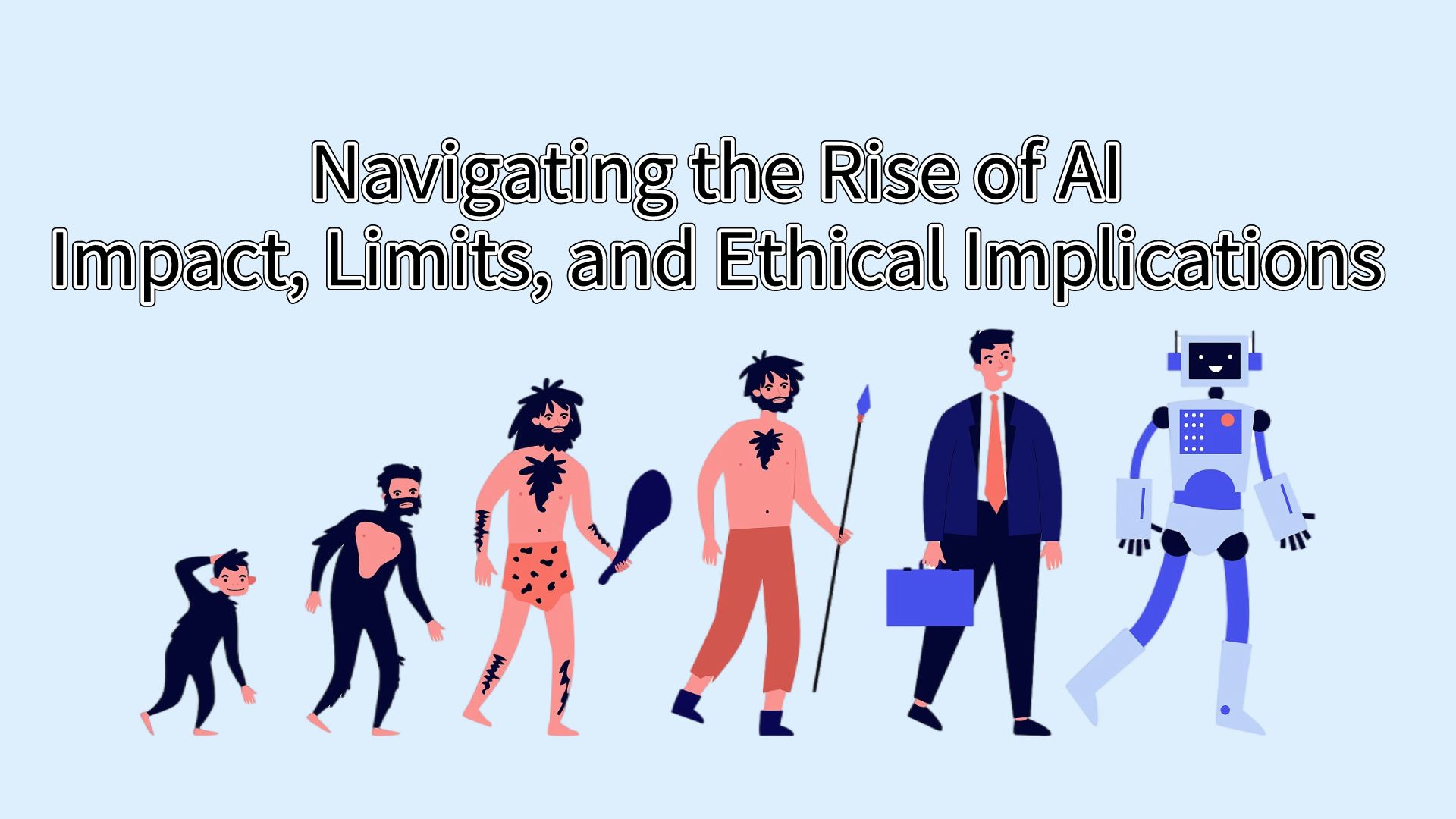Meta Halts AI Training in EU and UK: Balancing Innovation with Privacy
Background
Current global attention to data privacy protection is increasing. With the rapid development of AI technology, tech companies are increasingly relying on user-generated data to enhance the performance of their algorithms and models. However, this practice has raised widespread privacy and ethical concerns. Particularly in the EU, the GDPR regulations impose strict requirements on data usage and user consent, aiming to prevent data misuse and protect users' privacy rights.
News Summary
Meta has paused its plans to train AI systems using user data in the EU and UK following pushback from the Irish Data Protection Commission (DPC) and the UK's Information Commissioner’s Office (ICO). The move comes as Meta aimed to implement a privacy policy allowing the use of public Facebook and Instagram content for AI training. Privacy group NOYB filed complaints arguing this approach violates GDPR, particularly around user consent. Meta, relying on the "legitimate interests" GDPR clause, has faced criticism for its opaque notification process. Despite expressing disappointment, Meta will consult further with regulators, likely revisiting the plans with a revised user-permission process.
Personal Insights
Meta's decision to pause using user data from the EU and UK to train its AI systems highlights the complex relationship between data privacy protection and technological innovation. This issue can be analyzed from several perspectives:
Data Privacy Protection
With the proliferation of digital technologies and the internet, the collection and use of user data have become ubiquitous. While such data supports technological advancements and personalized services, it also poses significant risks of privacy breaches and misuse. The EU's General Data Protection Regulation (GDPR) was established to address these concerns, setting stringent rules to ensure users have greater control over the collection and use of their data.
Technological Innovation and Ethics
AI technology relies heavily on vast amounts of data, particularly user-generated data, to advance. However, the challenge for tech companies like Meta is finding a balance between leveraging this data for innovation and respecting ethical considerations. While Meta argues that using user data can lead to smarter and more efficient services, this must not come at the cost of user privacy and informed consent.
User Consent and Transparency
A major point of contention in this case is how Meta approached user consent. GDPR emphasizes the importance of obtaining clear and explicit consent from users before processing their data. Meta’s strategy of using “legitimate interests” as a basis for data processing, combined with a complex opt-out process, raises questions about transparency and the adequacy of user consent. Effective communication and straightforward options for opting out are crucial to maintaining user trust.
Regulatory Scrutiny and Compliance
This incident underscores the role of regulatory bodies like the Irish Data Protection Commission (DPC) and the UK’s Information Commissioner’s Office (ICO) in enforcing data privacy laws. Their intervention reflects a broader trend of increasing regulatory scrutiny on how tech giants handle user data. Compliance with regulations like GDPR is not just a legal obligation but also a vital component of corporate responsibility.
Impact on Innovation
Meta’s assertion that pausing AI training in Europe hampers innovation highlights the tension between regulatory compliance and technological progress. While regulations aim to protect users, companies argue that overly stringent rules can stifle innovation and competitiveness. Finding a balance that allows for both robust data protection and technological advancement is essential for sustainable progress.
In conclusion, the Meta case illustrates the ongoing struggle to harmonize the rapid pace of AI development with the essential need to protect user privacy. It calls for a nuanced approach where innovation is pursued responsibly, with transparent practices that respect user rights and comply with regulatory standards.

Related Articles
Amazon Invests $230M in Generative AI Startups to Lead Innovation
Amazon’s $230M bet on generative AI startups aims to revolutionize tech innovation and dominate the AI landscape!


Navigating the Rise of AI: Impact, Limits, and Ethical Implications
AI's progress brings excitement and concerns: from mimicking human thinking to generating content like ChatGPT, but ethical dilemmas and the hypothetical concept of AGI spark lively debates in the tech world!


ClickUp Unveils AI-Enhanced Knowledge Management for Seamless Data Integration
ClickUp's new AI-powered Knowledge Management feature centralizes your data for seamless, efficient collaboration!

